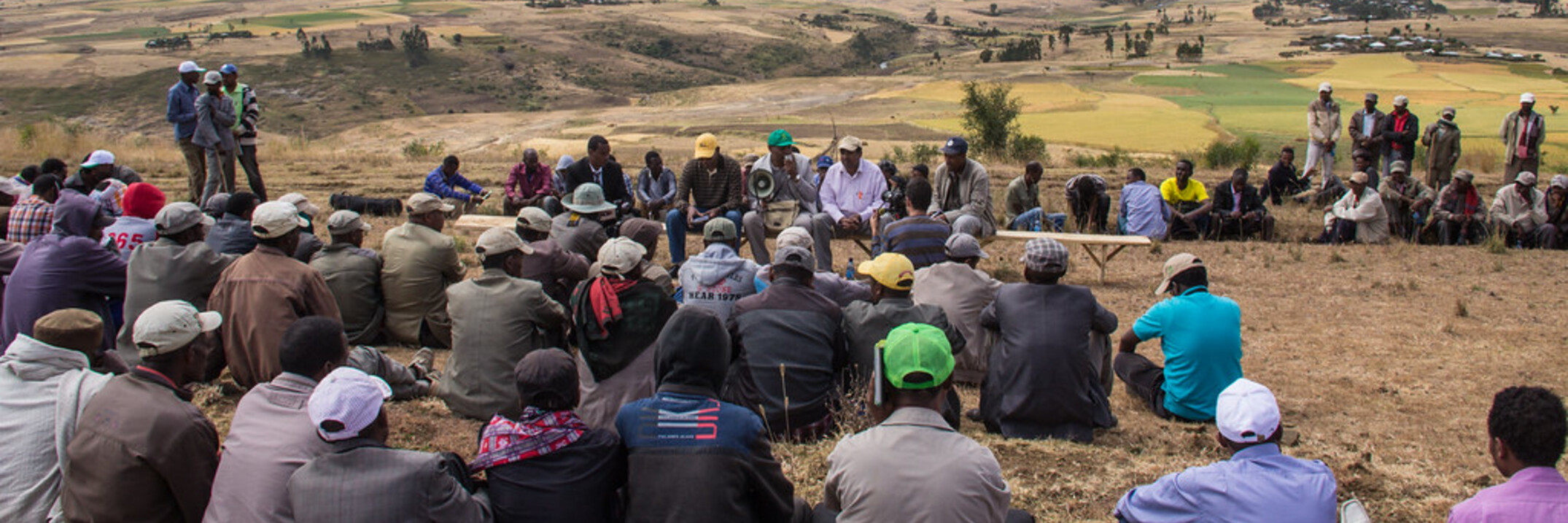During the past two centuries, the world has witnessed a remarkable increase in the
atmospheric concentrations of the greenhouse gases (GHGs), namely carbon dioxide
(CO2), methane (CH4), and nitrous oxide (N2O), as a result of human activities after...


